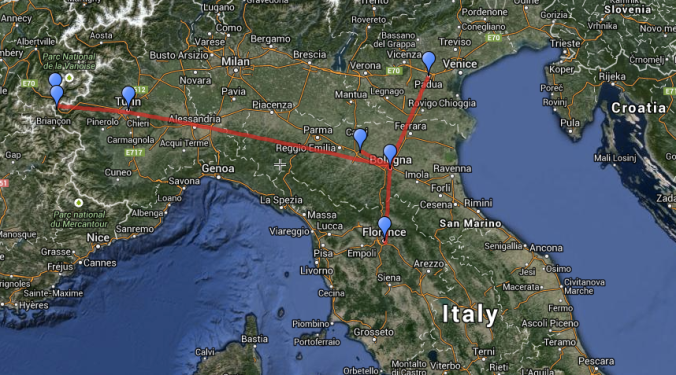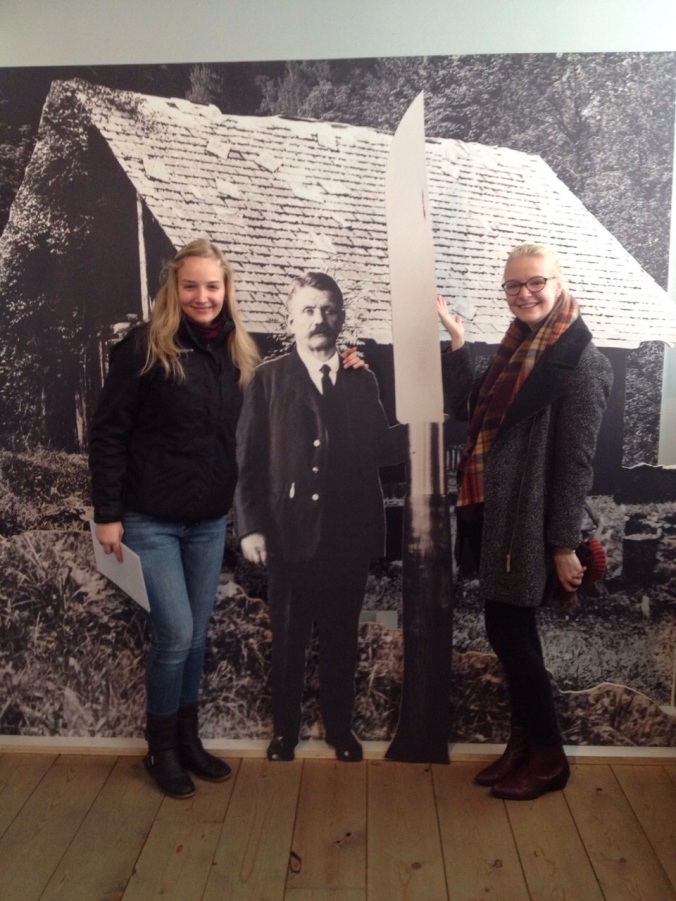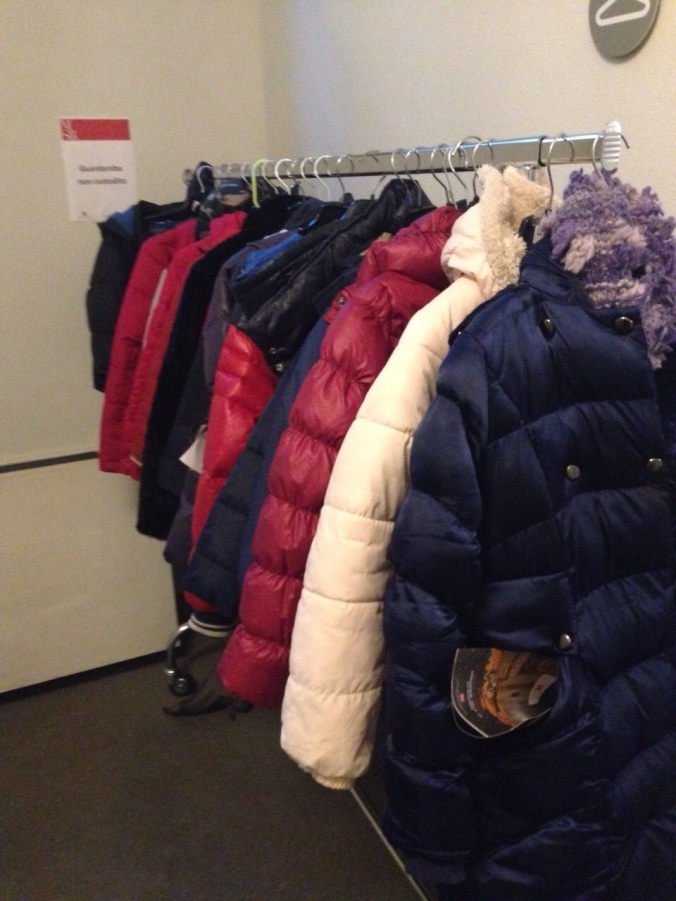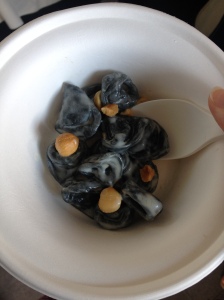As readers of my previous blog post will know, I have now completed my exams and thus pretty much finished the first half of my year abroad, a feat that seemed practically unobtainable back in the tricky days of early September. I’m in a weird transitionary period, full of goodbyes and hellos, packing and unpacking, paperwork and… paperwork. If you’re annoyed about how much I mention paperwork, think about how annoyed I must be having to complete it all. Very.
It’s a strange time. In some ways I feel like I should have already left Bologna; I have nothing left to do here, save get a few forms signed (there’s that old chestnut again!). And yet it will also be strange to leave the streets I have walked and now know so well for new, unknown ones.
I feel under pressure to make the most of my last few days here, but I’m unsure exactly what that should mean. Thanks to the bucket list I made back in those aforementioned tricky early days, I’ve done pretty much everything I wanted to do here. The major unticked box is “Go for a run in the Giardini Margherita”. Naïvely, I thought that 5 months was plenty of time in which to go for one run: a realistic goal, I thought. Not the case.
Instead, I’ve opted to spend my remaining days gallivanting and gadding about, as shrewd title-readers will have already guessed (no prizes, I’m afraid). The map below represents the journeys I’ve made in the last couple of weeks, all thanks to Italy’s wonderful, clean, efficient, relatively cheap train network, and some dodgy buses at the French border:
Part of the reason for all this voyaging was that it was my 21st birthday a couple of weeks ago, in honour of which Hannah and I travelled to Turin for a lovely weekend filled with delicious bicerin- a sort of heavenly rich mocha. On the subject of my birthday, I’d like to thank all those wonderful friends and relatives who posted cards and gifts- my mother even managed to send a banana cake over. I cannot understate the sheer loveliness of receiving these things at a time when I was worried this most important of birthdays might be a little out of sight, out of mind. It seems it was neither, and for this I am very grateful.
After Turin, Valérie and I popped over the border to stay with our friend Agathe in her beautiful house in a valley of the French Alps, in a small town called Saint-Jean-de-Maurienne. The major purpose of this trip was to partake in some winter sports action, words that made me pretty hesitant but also excited. I am not le type sportif by any stretch of the imagination: I failed to go for a single run in 5 months, after all. And yet here was a fabulous opportunity to try something new, in what was to become the best value skiing holiday ever thanks to Agathe’s kind loan of absolutely all the kit I needed, no accommodation costs, and my terribleness at skiing- I didn’t even need to buy a ski pass the first day as the flat slopes were quite enough for me.
Very kindly, Agathe even agreed to teach me to ski. Living in the Alps, she has been skiing for about as long as she has been walking, and is terribly graceful on the slopes. Graceful is perhaps not the word I would choose to describe my debut. “Bambi” might be more like it. Being taught in French was also far funnier than I could have imagined. Panicked yells of ‘je peux pas bouger!’ when I was trapped in a snowy ravine (not a ravine…but felt like one) were probably terribly amusing to passersby/skiersby. I have chosen to blame my main failing (not being able to turn right) on my confusion between the similar-sounding phrases ‘tout droit’ (straight on) and ‘à droite’ (to the right). When the muffly effect of days of powdery snow is taken into account, I like to think that even a French person would struggle with this. Still, by the end of my time in France I was able to successfully navigate my way down a piste without toppling over, a feat I am immensely proud of. Skiing is an odd thing: there is so much kit that it is anything but natural, but the views from the top of those frosty mountains made it all worthwhile.
The other big highlight of this trip was visiting the Opinel museum. For those unfamiliar with the name, Opinel is an artisan producer of beautiful sharp knives with wooden handles. I am a big fan of the obscure museum. They are cosier than other museums, you learn something completely different, and you get the sense that the curators really care about your visit because they are so passionate about the subject themselves. The curator of this one was a member of the Opinel family, and appeared in the short documentary we sat and watched as well as hanging about in the gift shop. The entire museum was clearly meant to advertise the brand, and it worked; to Banksy’s disdain, I’m sure, my Exit Through the Gift Shop left me money-poorer and knife-richer.
My time in Italy has also left me much money-poorer, but richer in almost every other sense. An Italian film I saw here, Benvenuti al Sud, sums it up quite well, if I can permit myself the poetic license to substitute ‘al sud’ for ‘in Italia’:
‘chi viene in Italia piange due volte: quando arriva e quando se ne deve andare’
-Whoever comes to Italy cries twice: when he arrives, and when he has to leave.



















